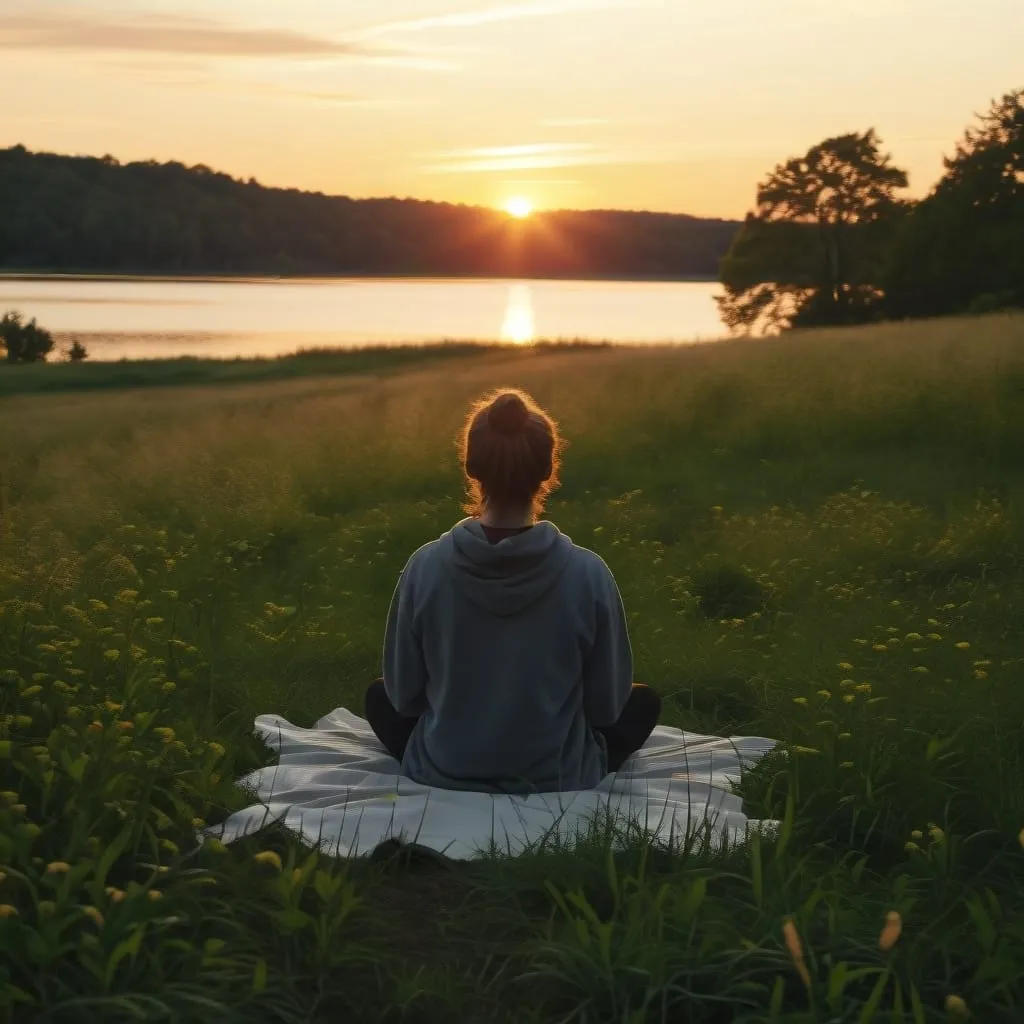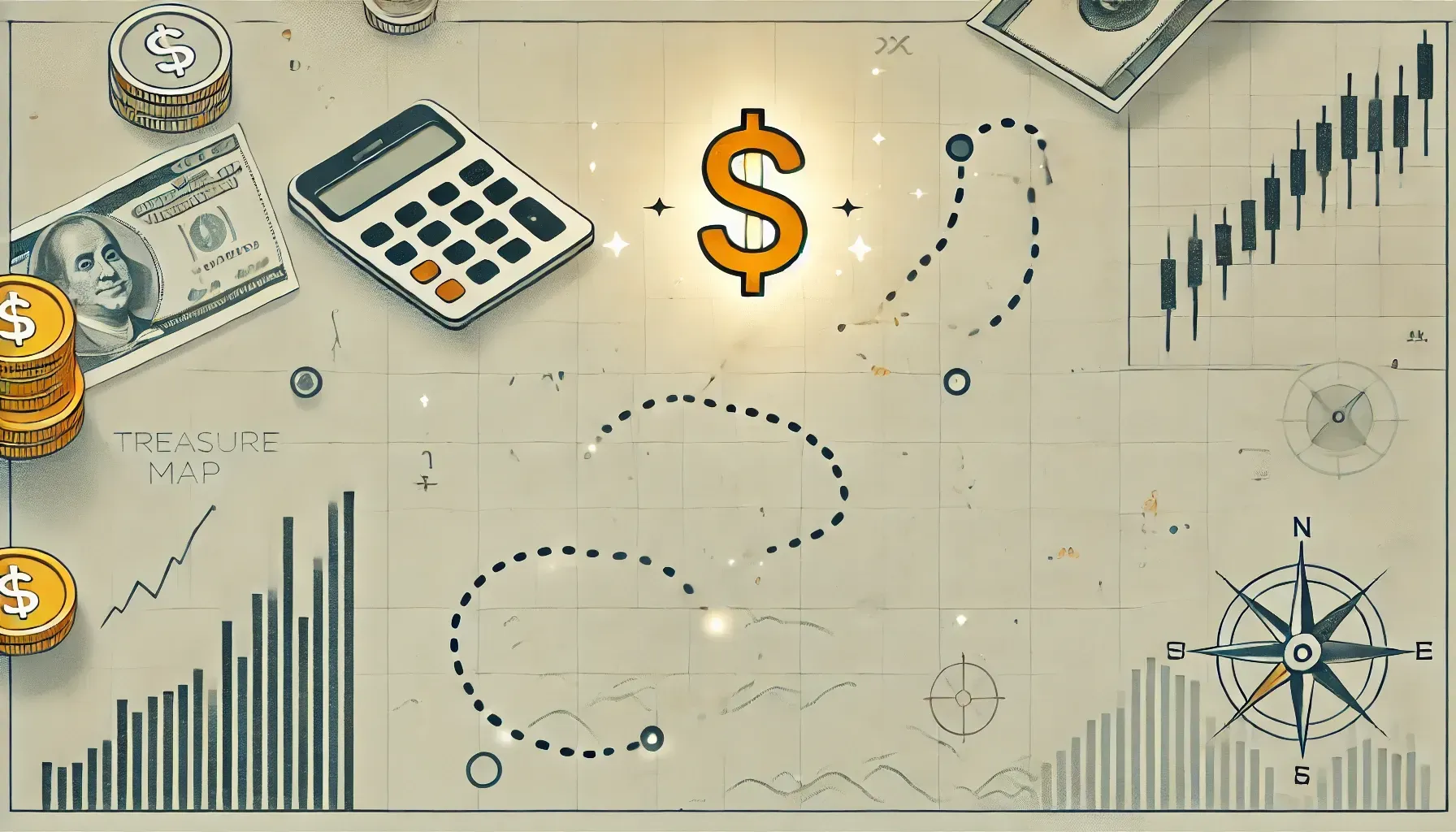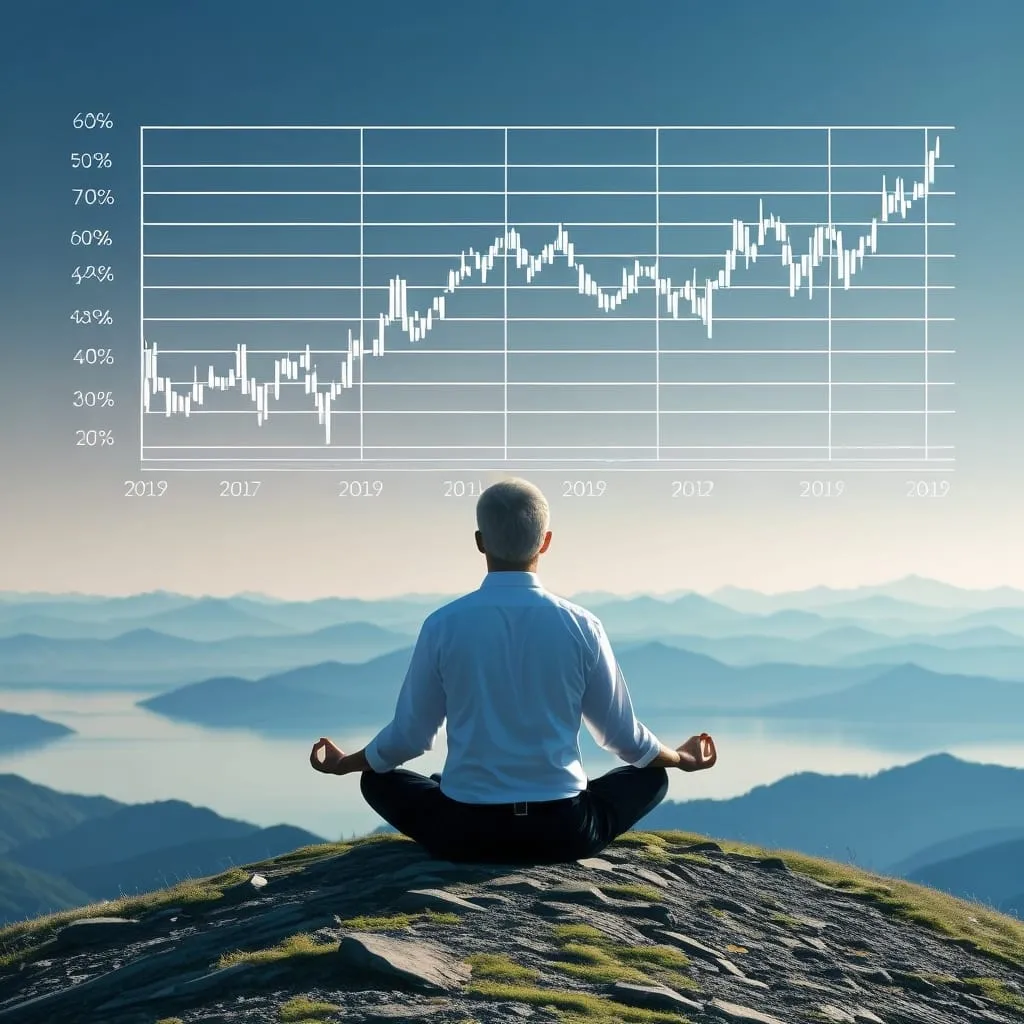The Art of Doing Nothing: A Path to Productivity and Well-being
In our hyper-connected, always-on world, the idea of doing nothing might seem like a waste of time. We're constantly pushed to be productive, to squeeze every ounce of efficiency out of our days. But what if I told you that embracing the art of doing nothing could actually make you more productive, happier, and healthier?
Let's face it, we've all felt that nagging guilt when we're not being "productive." It's like there's a little voice in our heads telling us we should be doing something, anything, rather than just sitting still. But here's the thing: that guilt is misplaced. Doing nothing isn't lazy; it's necessary.
Think of your mind as a smartphone. You wouldn't expect your phone to run 24/7 without a recharge, right? Well, your brain needs recharging too. Those moments of doing nothing are like plugging your mind into a power source. They're not wasted time; they're essential maintenance.
So, what exactly do we mean by "doing nothing"? It's not about becoming a couch potato or neglecting your responsibilities. It's about taking mindful breaks, moments where you're fully present and not trying to accomplish anything specific. It's about giving your brain a chance to rest and reset.
One of the simplest ways to practice this is through mindful breathing. Take a moment right now. Close your eyes if you're comfortable doing so. Take a deep breath in through your nose, feeling your belly expand. Hold it for a moment, then slowly exhale through your mouth. Feel the tension leaving your body with each breath. That's it. That's doing nothing, and it's incredibly powerful.
Another way to embrace doing nothing is by connecting with nature. Next time you're outside, instead of rushing from point A to point B, take a moment to really look around. Notice the shapes of the clouds, the rustling of leaves in the breeze, the warmth of the sun on your skin. These small moments of awareness can ground you in the present and provide a much-needed mental break.
If you're feeling adventurous, why not try a "do-nothing day"? It might sound scary, but it can be incredibly refreshing. Pick a day when you have no obligations. Turn off your phone, step away from your computer, and just... be. Read a book, take a nap, sit in the park. The key is to avoid anything that feels like work or obligation. It's your day to recharge.
Now, I know what you might be thinking. "But I have so much to do! I can't afford to take time off!" Here's the thing: you can't afford not to. Studies have shown that taking regular breaks actually increases productivity. When we give our brains time to rest, we come back to our tasks with renewed focus and creativity.
Think about it like this: have you ever been stuck on a problem, only to have the solution pop into your head when you're doing something completely unrelated, like taking a shower? That's your brain working in the background, making connections and solving problems while you're "doing nothing."
But let's be real, embracing the art of doing nothing isn't always easy. We live in a society that values busyness. We're bombarded with messages telling us we should always be striving, always be improving. It's hard to shake off that programming.
One way to overcome this is to reframe how we think about productivity. Instead of measuring productivity by how many tasks we complete, what if we measured it by the quality of our work and our overall well-being? Taking time to do nothing isn't unproductive; it's an investment in our mental health and cognitive abilities.
Another hurdle we often face is the fear of missing out, or FOMO. We worry that if we're not constantly engaged, we'll miss something important. But here's a secret: most of what we think we're missing isn't that important. The world will keep turning if you don't check your email for a few hours or if you miss a social media post.
In fact, stepping away from the constant stream of information can help us gain perspective. It allows us to differentiate between what's truly important and what's just noise. When we're always connected, everything can feel urgent. Taking time to disconnect helps us prioritize more effectively.
So, how can we start incorporating more "nothing time" into our lives? Start small. Set aside five minutes a day to just sit and breathe. No phone, no TV, no distractions. Just you and your thoughts. It might feel uncomfortable at first, but stick with it. Over time, you'll likely find yourself looking forward to these moments of stillness.
You can also try incorporating mindfulness into your daily activities. When you're eating, really focus on the taste and texture of your food. When you're walking, pay attention to the sensation of your feet hitting the ground. These small acts of mindfulness can add up to a more present, less stressed you.
Remember, doing nothing isn't about being idle all the time. It's about creating balance in your life. It's about giving your mind the space it needs to process, create, and recharge. Think of it as maintenance for your brain. Just like you wouldn't skip oil changes for your car, don't skip these moments of mental maintenance.
As you start to embrace the art of doing nothing, you might notice some changes. You might find that you're more creative, that solutions to problems come more easily. You might feel less stressed, more content. You might even find that you're more productive when you are working, because your mind is fresher and more focused.
But perhaps the most important benefit is that you'll be more present in your own life. Instead of always rushing to the next thing, you'll be better able to enjoy the moment you're in. And isn't that what life is really about?
So, the next time you find yourself with a free moment, resist the urge to fill it. Instead, take a deep breath, look around, and just be. You might be surprised at how much you accomplish by doing nothing at all.
Remember, in a world that's always telling you to do more, sometimes the most revolutionary act is to do less. Embrace the art of doing nothing. Your mind, body, and spirit will thank you for it.






